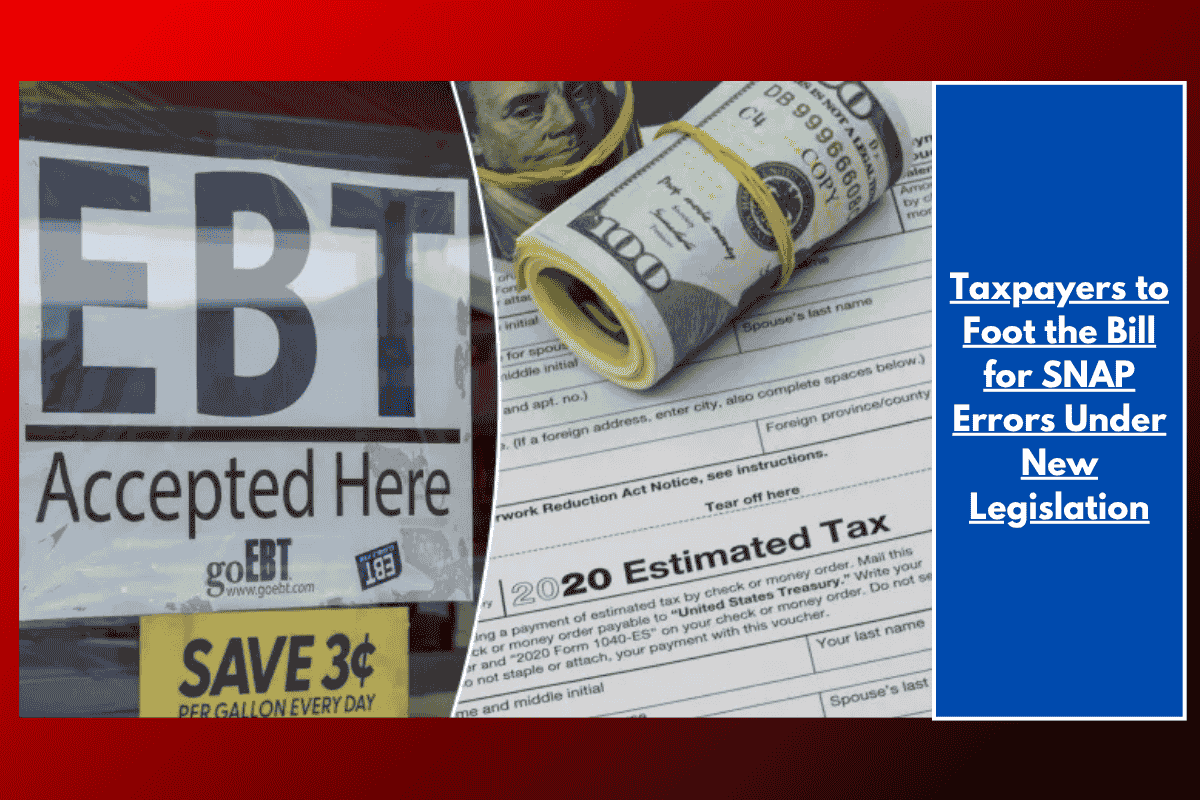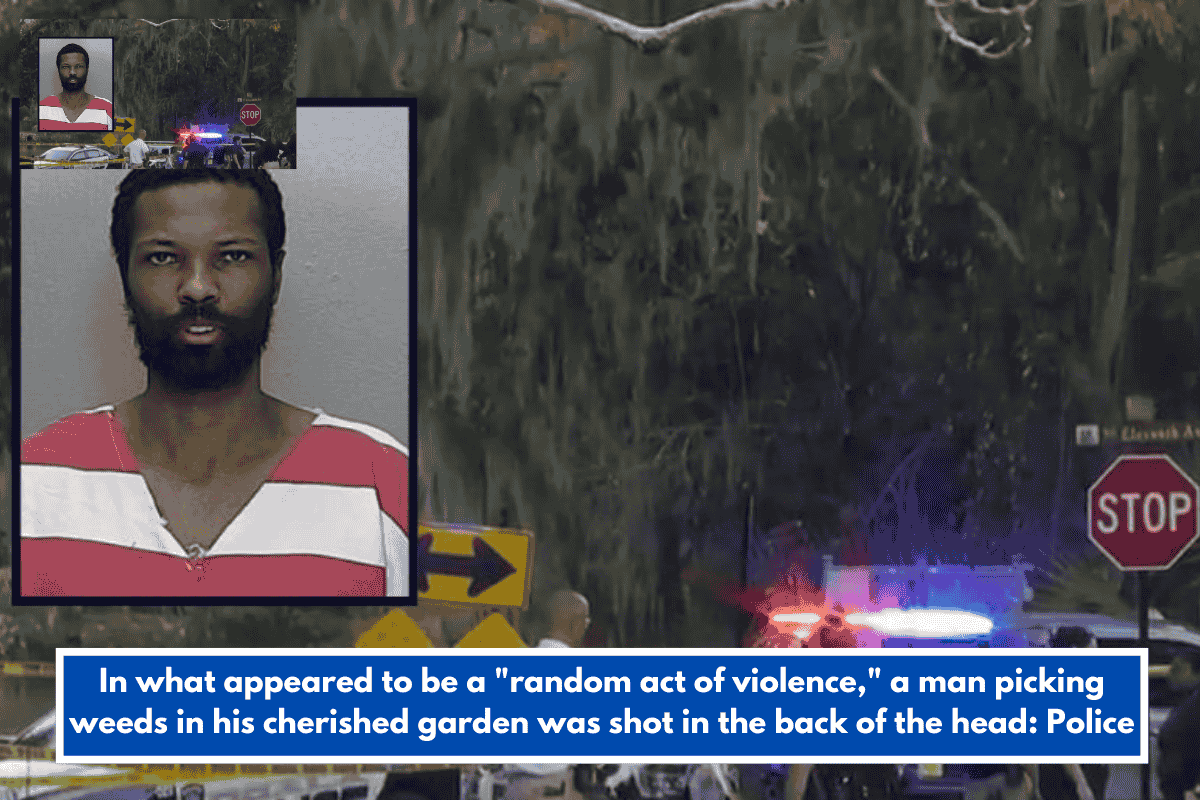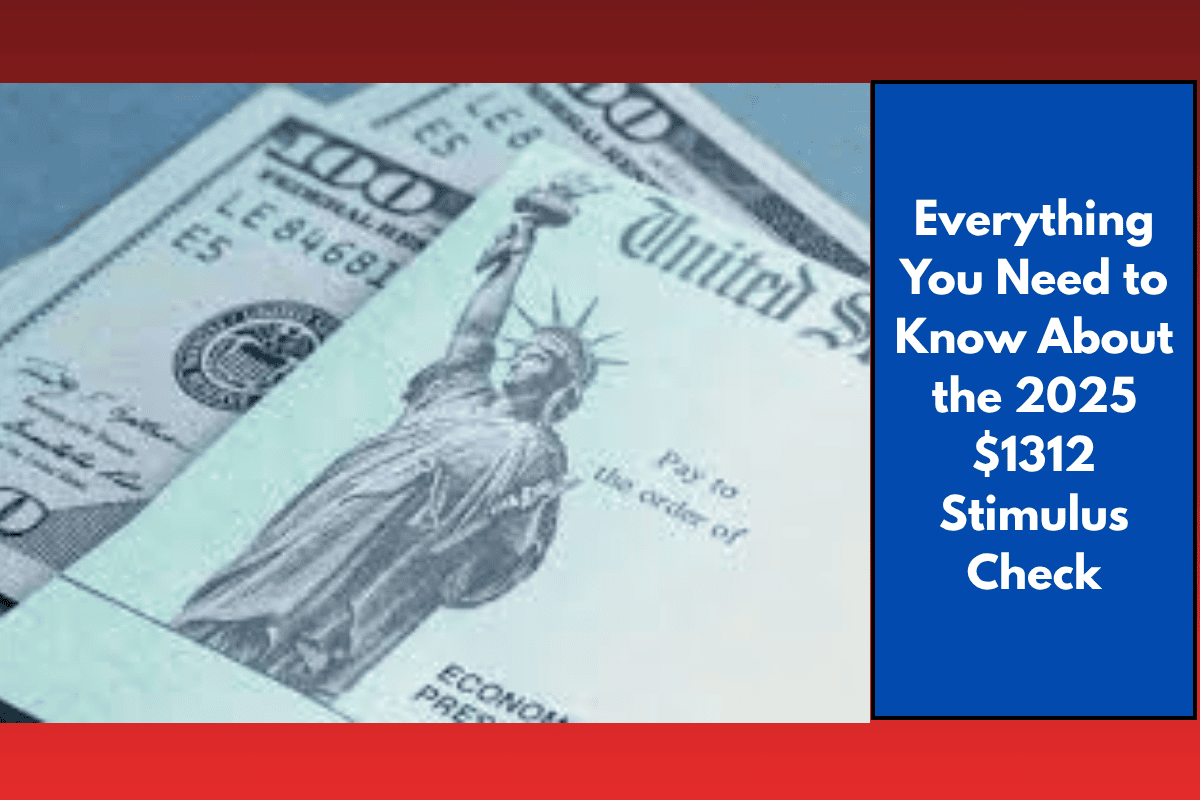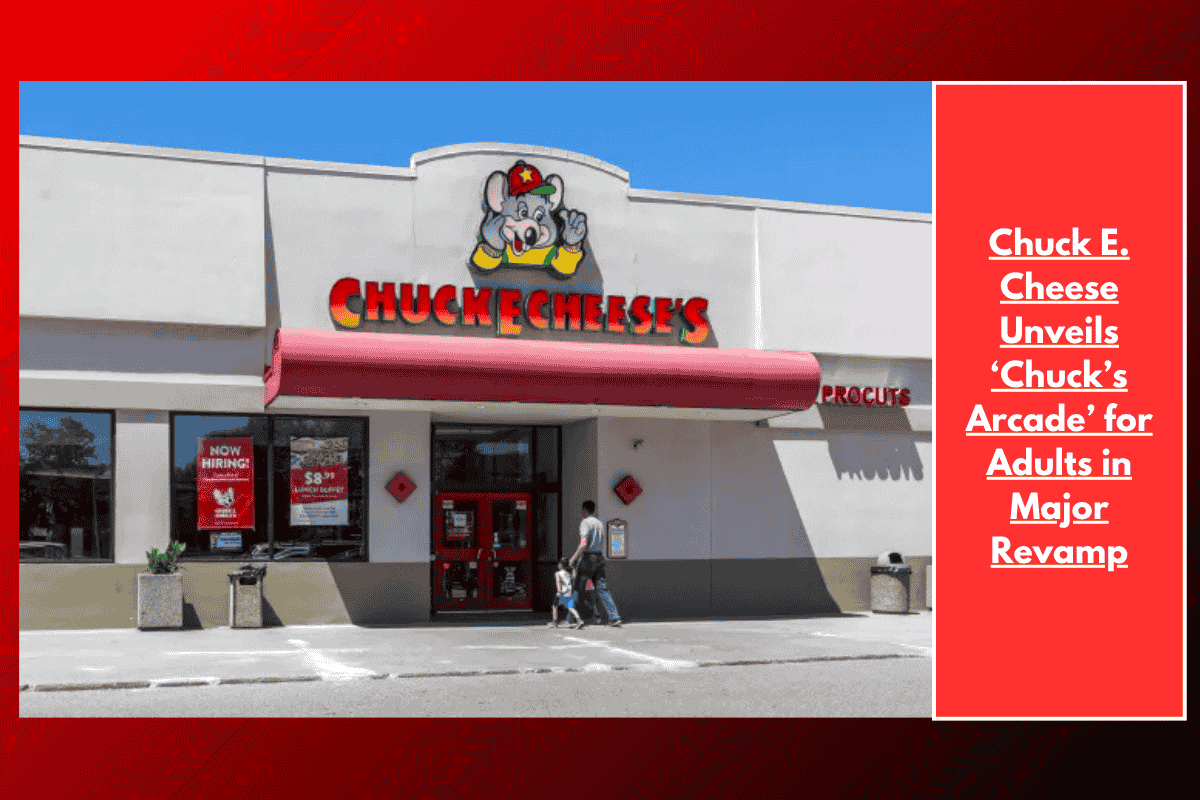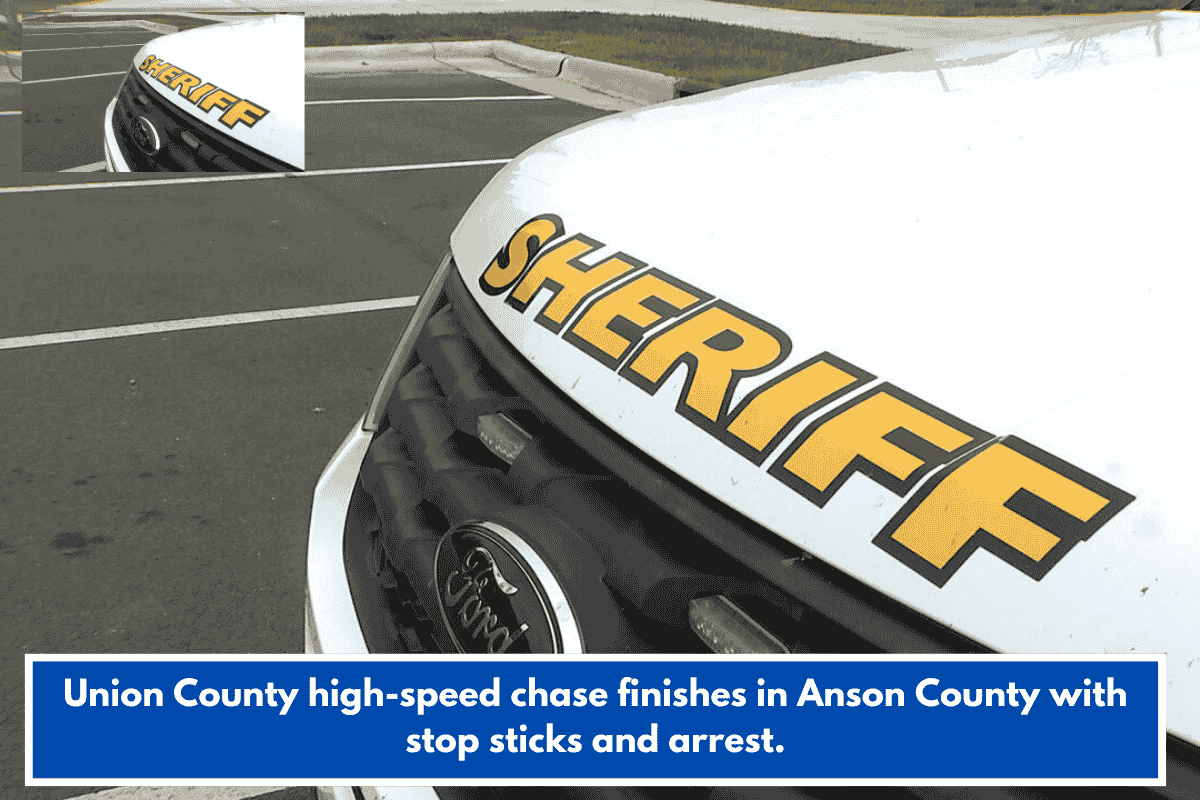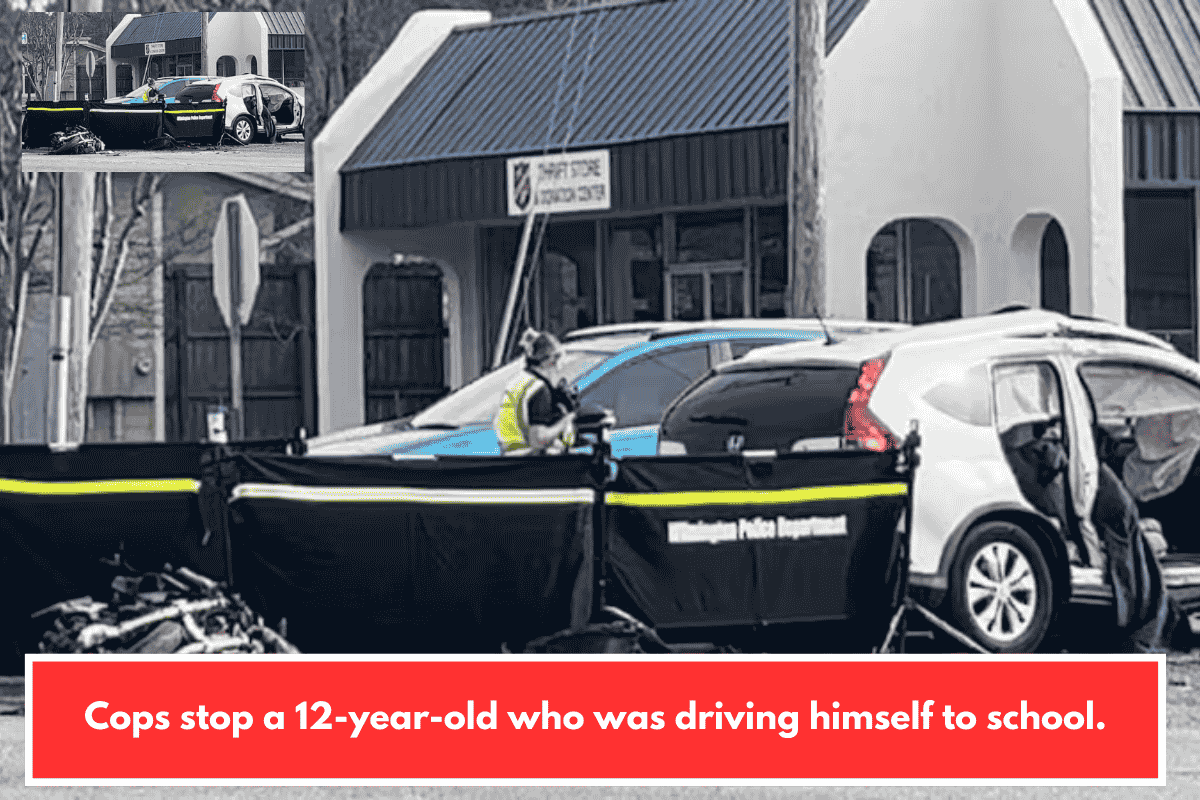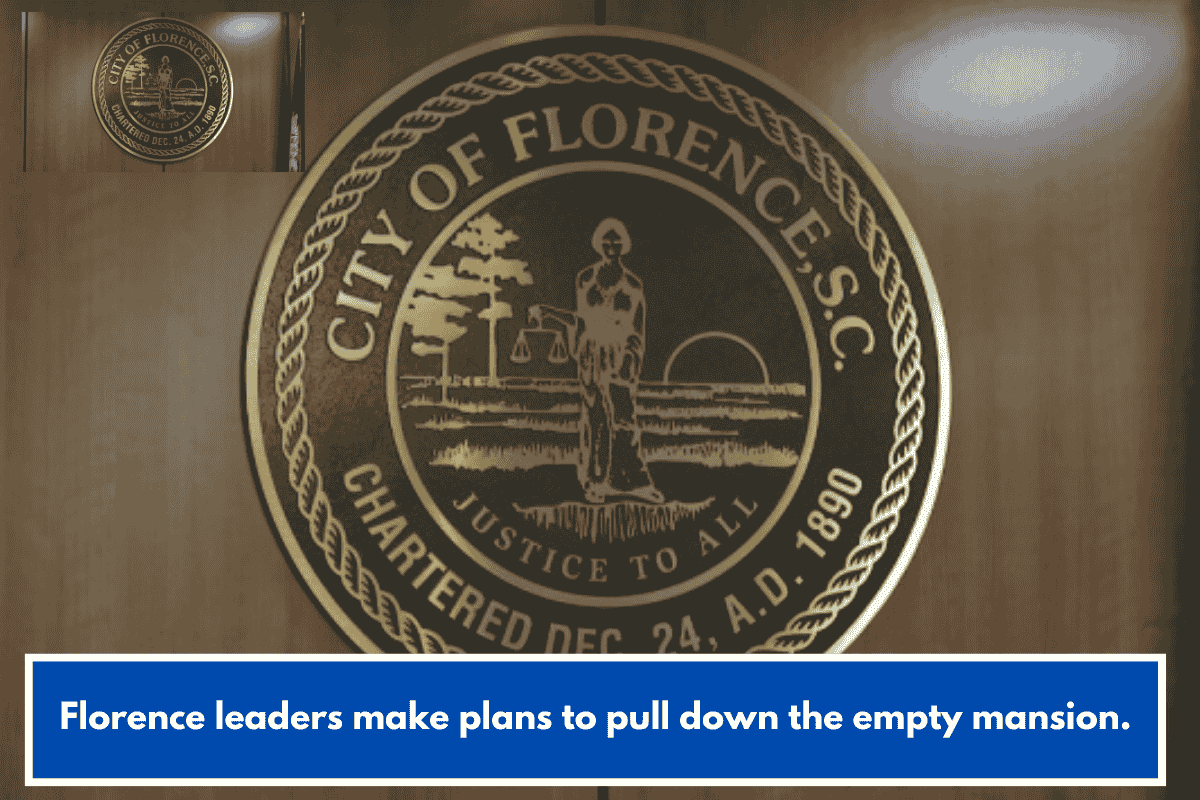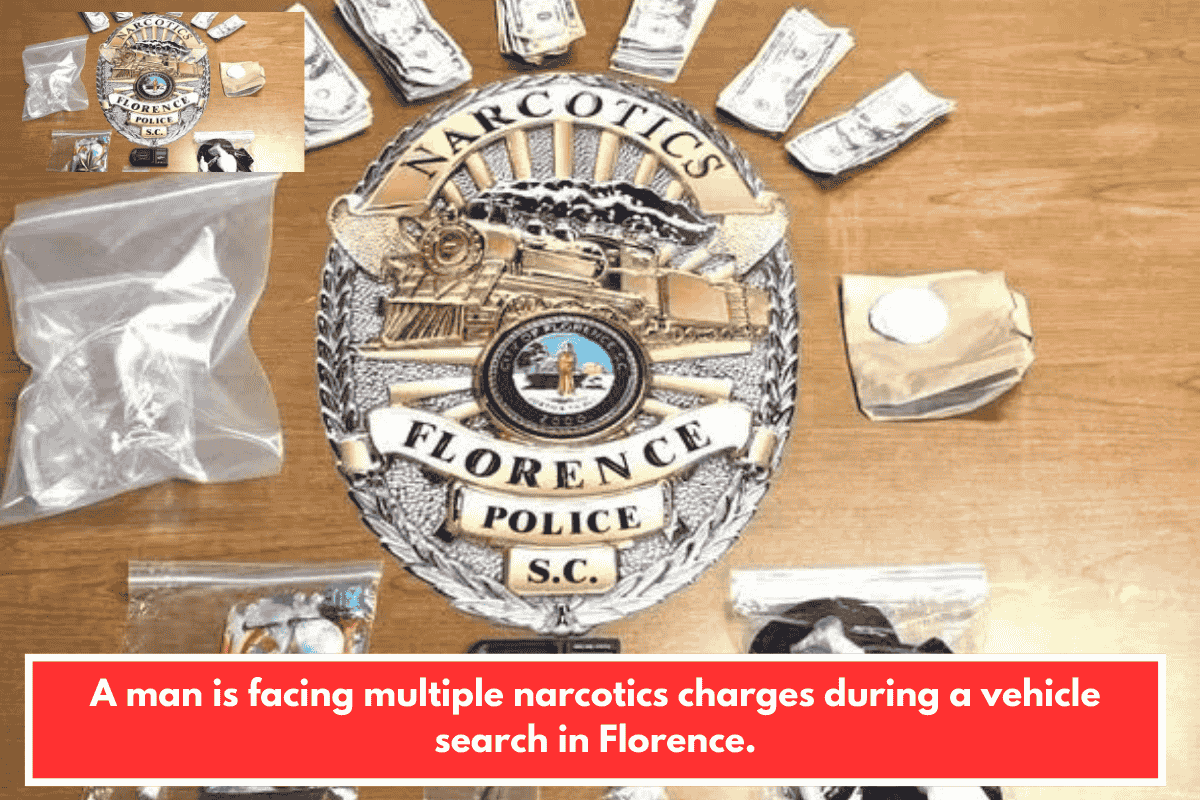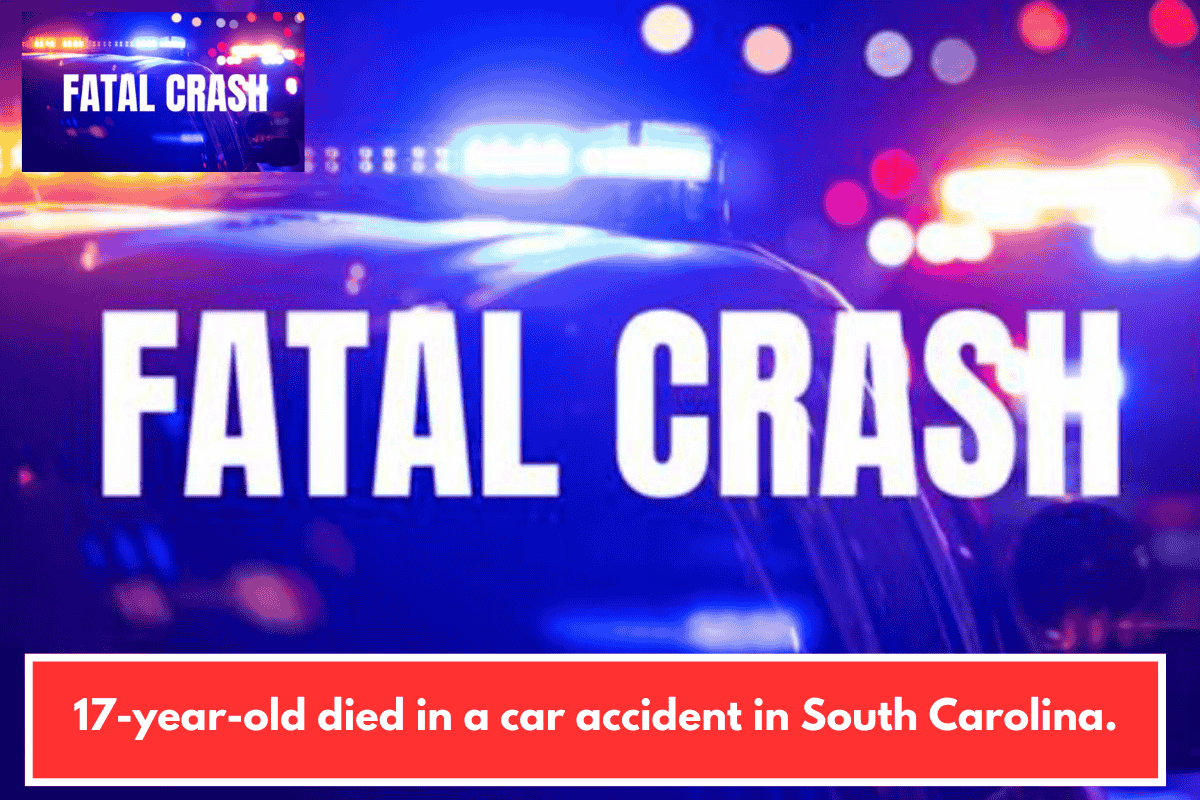A new bill, titled the “One Big Beautiful Bill,” being pushed by Republicans in Congress could cost taxpayers tens of millions of dollars, especially in relation to the Supplemental Nutrition Assistance Program (SNAP), formerly known as food stamps. The bill includes provisions that would hold states accountable for payment errors in SNAP, which may end up being a costly affair for taxpayers.
What Is the “One Big Beautiful Bill”?
The “One Big Beautiful Bill” is part of broader legislation aimed at reducing the national deficit. One of the proposed changes under the bill would introduce a state cost-share for SNAP benefits. This means that states would be financially responsible for a percentage of the payment errors made in their SNAP systems, which have been linked to both overpayments and underpayments. This marks a significant shift from the current system, where states do not face financial penalties for these errors.
The error rate for SNAP benefits is measured by the accuracy of each state’s eligibility determinations and benefit calculations. Ideally, states should have an error rate under 6%, with anything higher resulting in penalties under the new cost-share plan. The new system would impose the following cost-share penalties based on the state’s error rate:
Under 6% error rate: No cost-share required
6% to 8% error rate: 5% cost-share
8% to 10% error rate: 10% cost-share
Above 10% error rate: 15% cost-share
This provision is expected to be very costly for taxpayers, particularly in states with high error rates.
Example: Kansas’ Potential Taxpayer Burden
One example of how much this could cost taxpayers is Kansas, which had a 12.07% payment error rate in fiscal year 2023. The state received about $417 million in regular SNAP benefits that year. Under the proposed plan, with a 15% cost-share for states with a payment error rate above 10%, Kansas taxpayers could be forced to pay around $63 million. The Kansas Department for Children and Families, which oversees SNAP, will have time to improve the state’s error rate before the plan takes effect in fiscal year 2028.
Nationwide SNAP Error Rates
In fiscal year 2023, the national average SNAP error rate was 11.68%, meaning the majority of U.S. states would be subject to the cost-share provisions. Some states had especially high error rates:
Alaska: 60.37% (the highest in the country)
Delaware, Washington DC, Hawaii, New Jersey, South Carolina: all above 20%
However, some states performed better, with only seven states having error rates below 6% and exempt from the cost-share penalty:
Idaho
Iowa
South Dakota
Utah
Vermont
Wisconsin
Wyoming
Impact of the Proposed Cost-Share
The implementation of the SNAP error cost-share would shift much of the financial responsibility onto taxpayers in states with high error rates. This could lead to significant financial burdens in states like Kansas and Alaska. However, the bill may offer some potential savings elsewhere, like $1,000 bonuses for American families that could be a hidden benefit for some individuals.
While the “One Big Beautiful Bill” could help reduce the national deficit, it also introduces financial penalties for states with high SNAP payment errors. As a result, taxpayers in these states could be asked to cover millions of dollars in costs. Whether this will lead to improved SNAP accuracy or just higher taxes for local residents remains to be seen.

